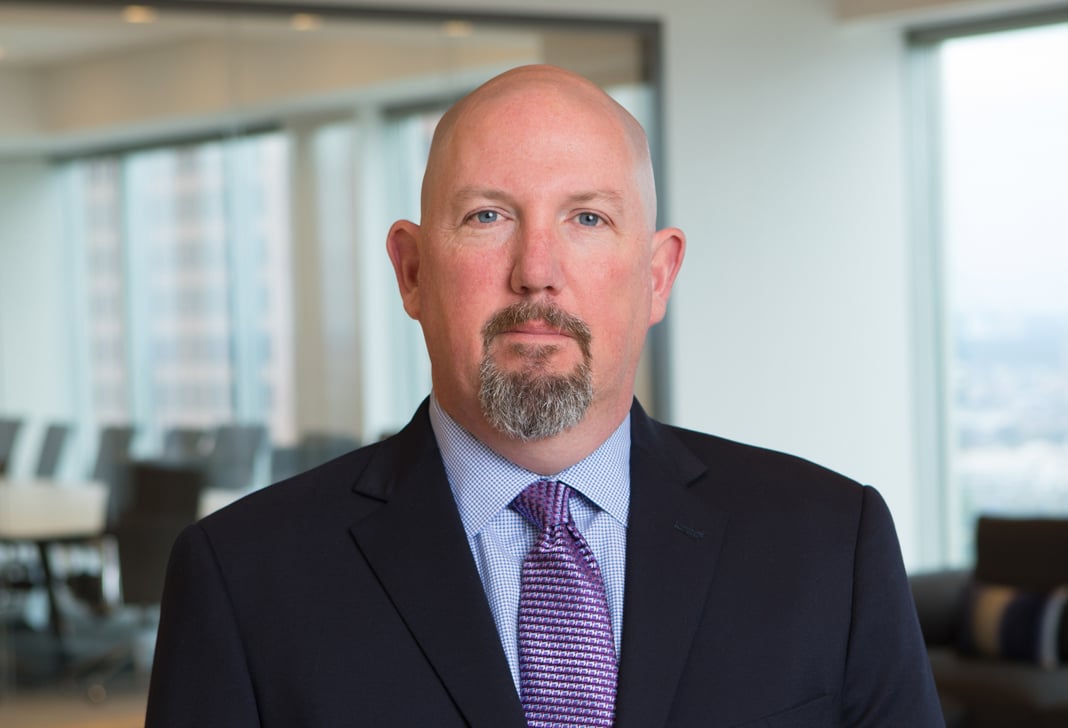
FERC Proposes to Greatly Expand a Favorite Enforcement Tool—the "Duty of Candor" Rule—Across Its Jurisdictional Footprint
This Alert discusses FERC's proposal to expand the "duty of candor" to apply to any person or organization making communications relating to jurisdictional electric, natural gas, and oil matters with specified regulatory bodies and pipelines.
On July 28, 2022, the Federal Energy Regulatory Commission (the "Commission" or "FERC") proposed a new rule which would significantly expand the existing "duty of candor" rule (found at 18 C.F.R. 35.41(b)) to apply to any person or organization making communications relating to jurisdictional electric, natural gas, and oil matters with certain specified regulatory bodies as well as natural gas and oil pipelines (the "Proposed Rule").
The current "duty of candor" rule applies to "sellers" of electric energy who have market-based rates, and requires them to "provide accurate and factual information and not submit false or misleading information, or omit material information, in any communication with the Commission, Commission-approved market monitors, Commission-approved regional transmission organizations, Commission-approved independent system operations, or jurisdictional transmission providers, unless the seller exercises due diligence to prevent such occurrences." FERC has applied this rule frequently in electric market enforcement cases where it finds that a "seller" has provided inaccurate information to FERC or a FERC-regulated power market either intentionally or by a mistake that could have been avoided with due diligence. The rule is often invoked as a separate violation in market manipulation cases, but FERC has recently brought enforcement cases for standalone duty of candor violations.
The Proposed Rule would impose a sweeping cross-industry expansion of the current rule in two key areas:
Speaker of the Communication. First, the Proposed Rule would impose the duty of candor on a significantly wider pool of speakers beyond electric market sellers, capturing any person or organization making a communication relating to the Commission's jurisdiction. On its face, the Proposed Rule would seem to encompass such communications regardless of whether the speaker is otherwise regulated by the Commission.
Recipient of the Communication. Second, the Proposed Rule would expand the pool of recipients of communications to cover communications made to (i) natural gas pipelines, (ii) oil pipelines, and (iii) the North American Electric Reliability Corporation and its associated regional entities that regulate the reliability of the electric grid.
While not necessarily an expansion of the current rule, FERC's proposal emphasizes that the agency intends to broadly interpret the term "communication" to include "informal and formal communications, verbal or written, and via any method that may be used for transmission" of such communications.
Illustrating the breadth of the Proposed Rule, for example, natural gas shippers could find themselves under investigation by FERC for communications made to pipelines to the extent FERC staff thought the communications were inaccurate and could have been avoided with due diligence.
Commissioner Danly criticized the Proposed Rule in his dissenting opinion as being unconstitutionally vague and overbroad, particularly with respect to due process and First Amendment rights. Commissioner Danly also criticized the Proposed Rule for lacking a materiality requirement and failing to consider a speaker's knowledge or intent with regard to a communication that is deemed to violate the duty of candor.
The Proposed Rule remains open to public comment through September 26, 2022.





